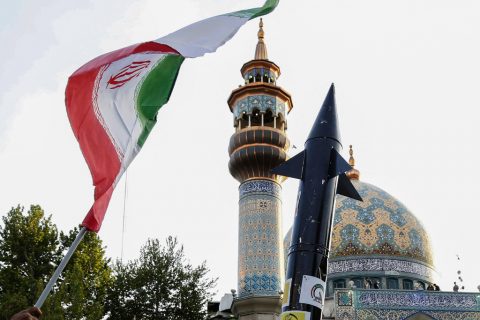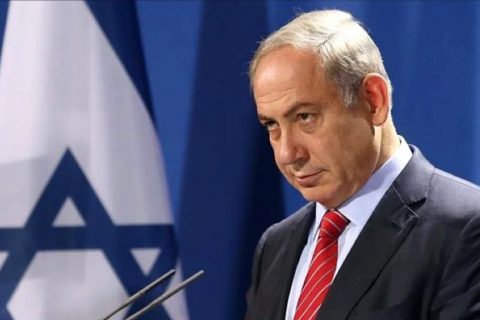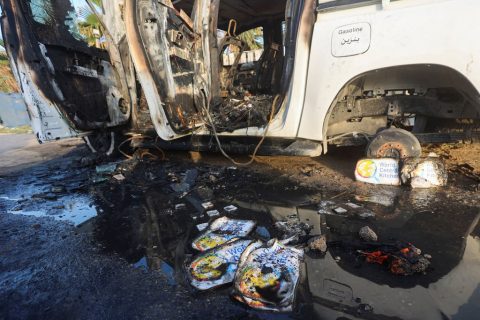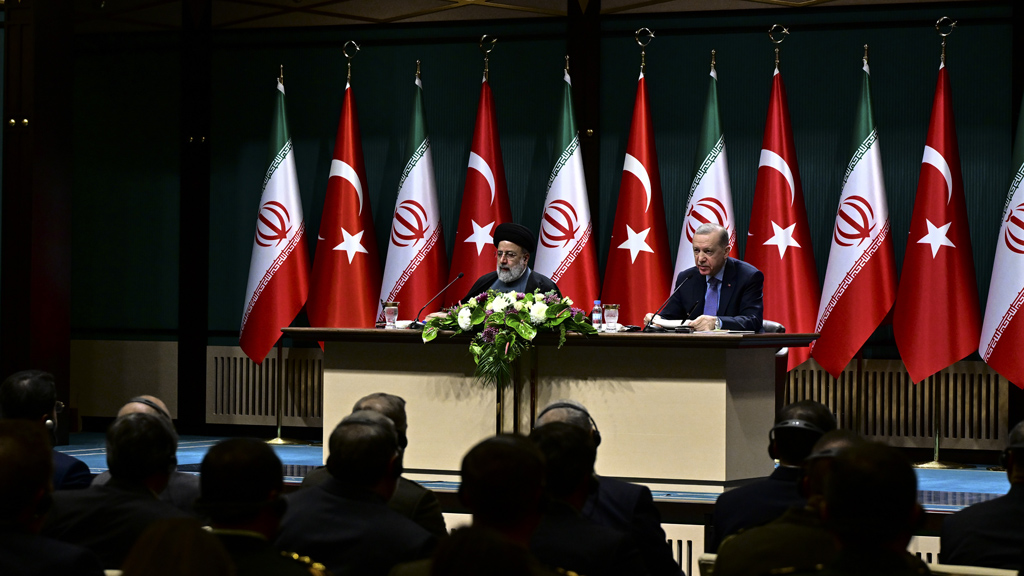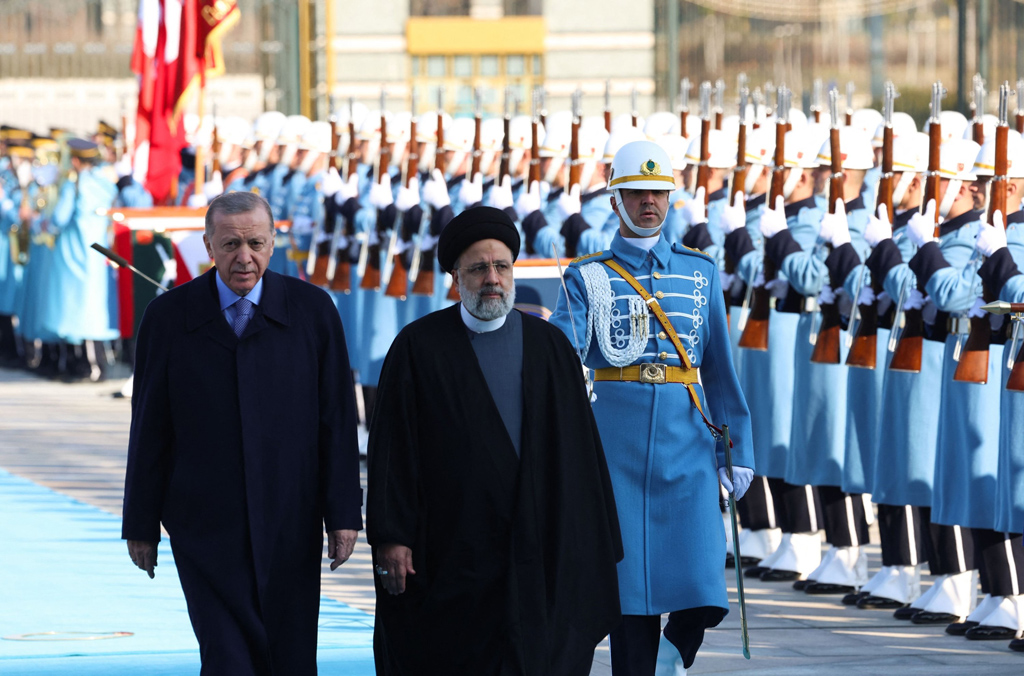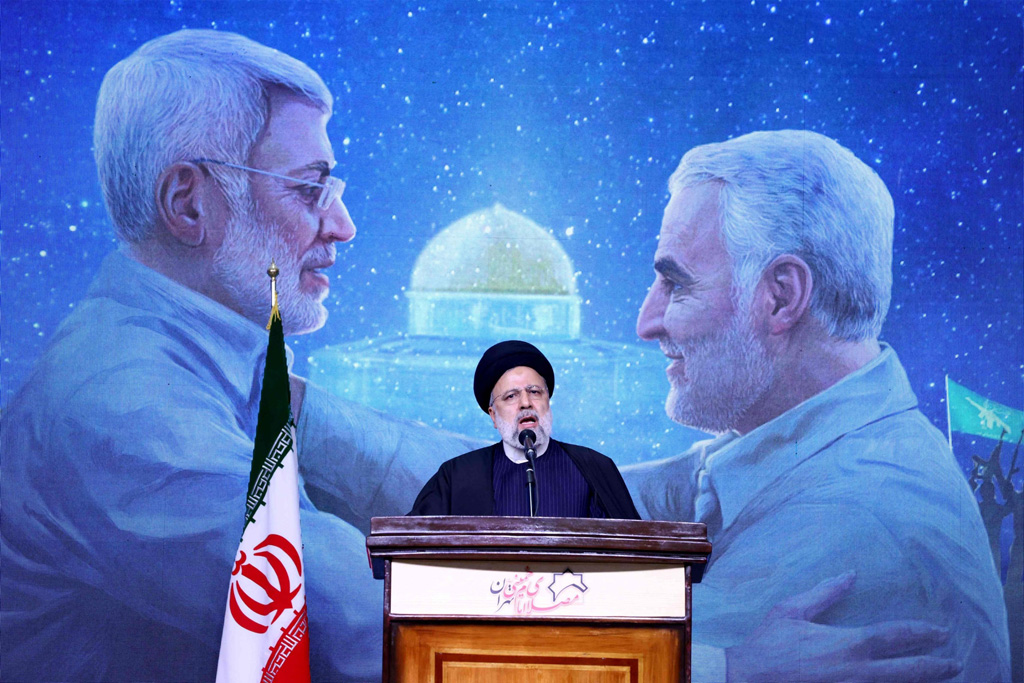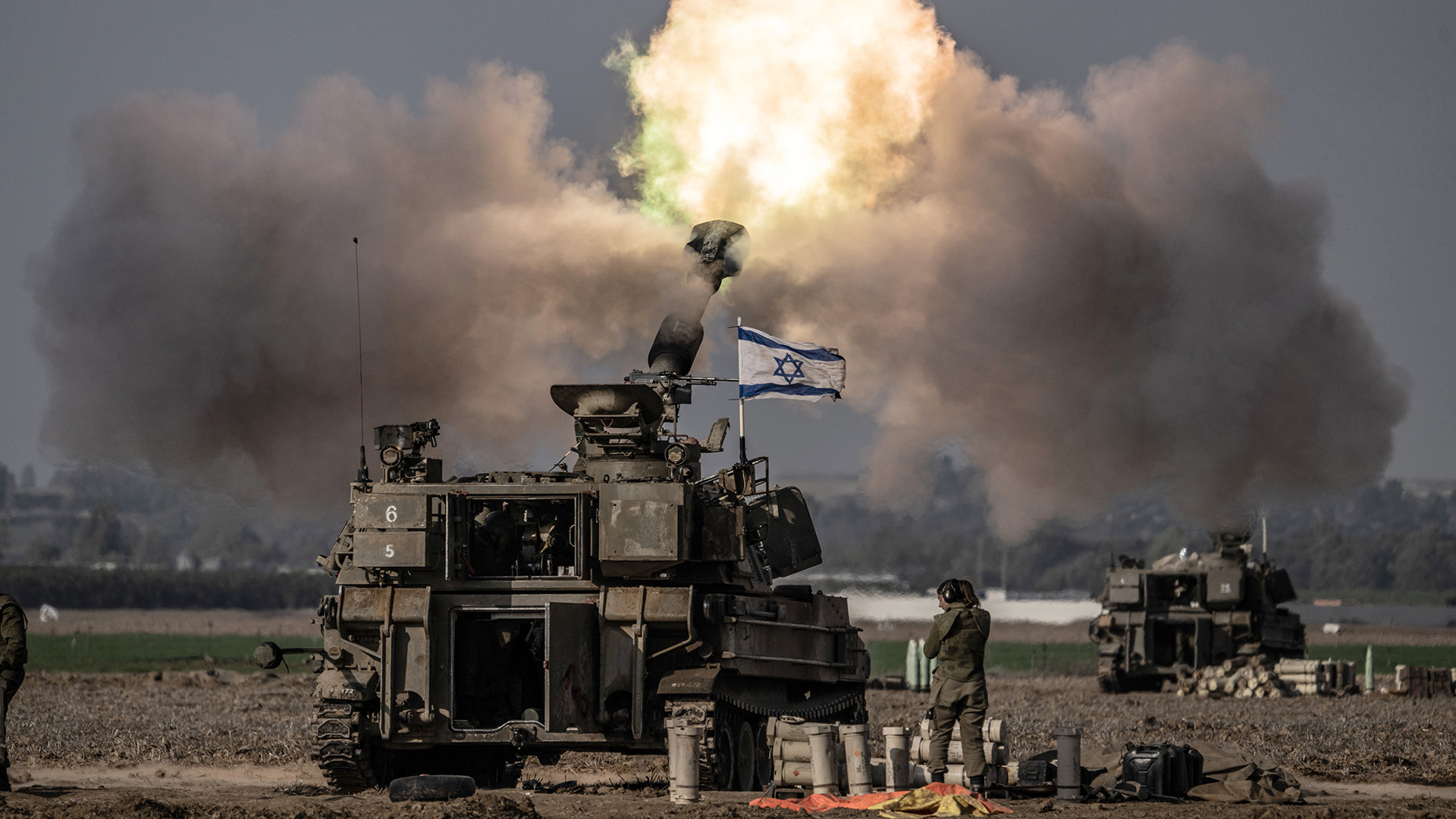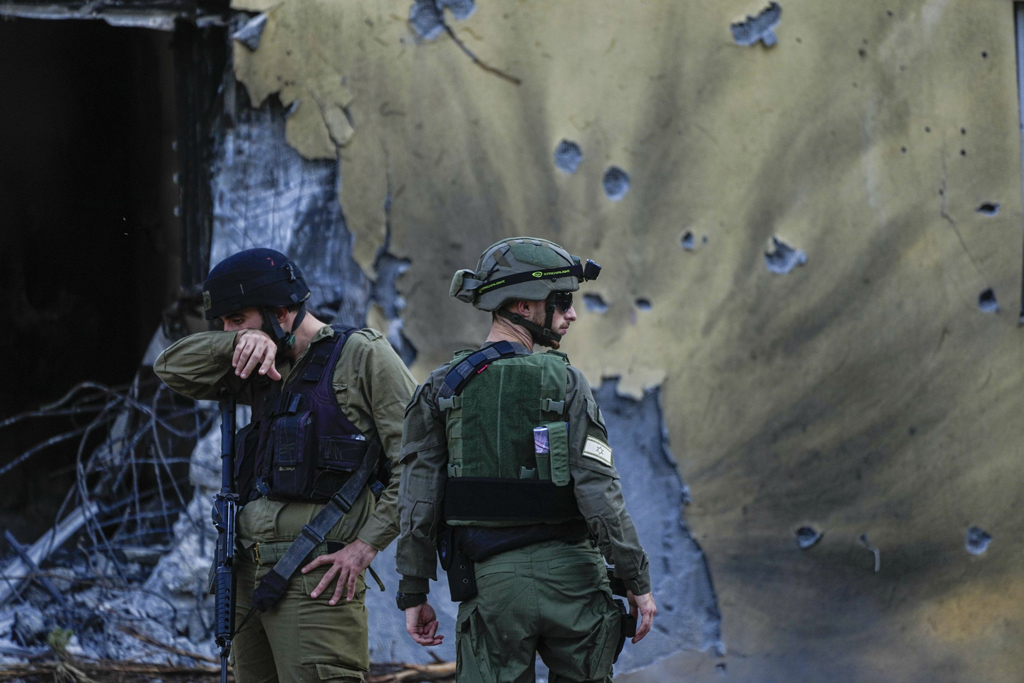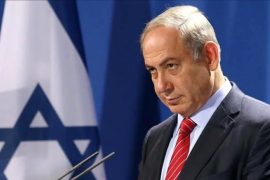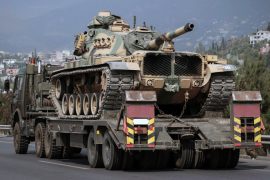Iran
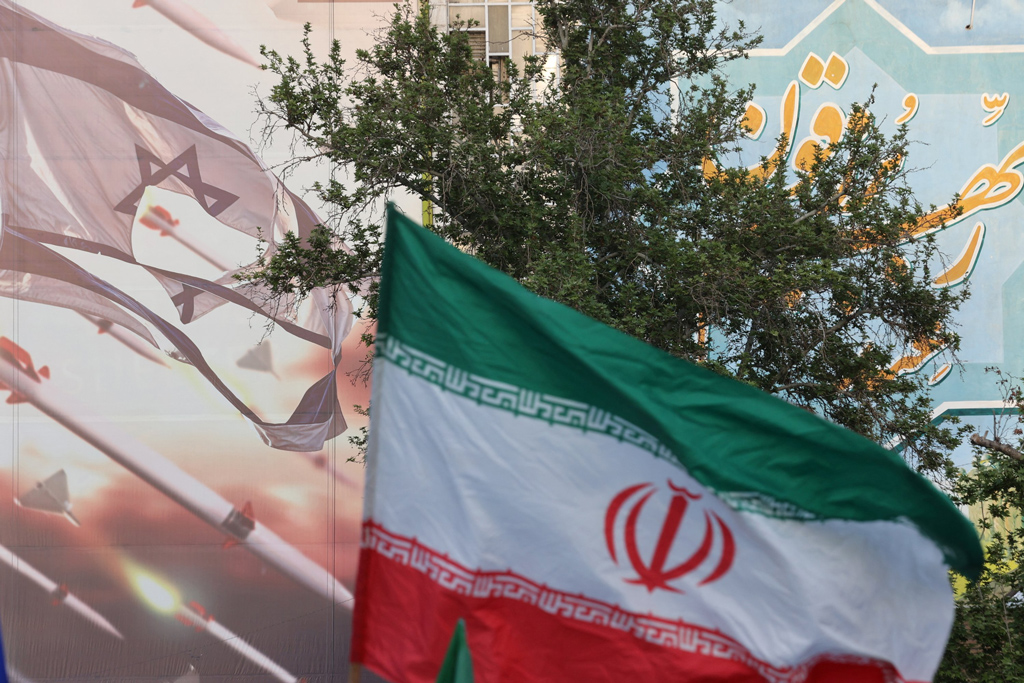
Middle East cannot be left in vortex of Iran-Israel tension
| OpinionThe direct confrontation between Iran and Israel remains under control – for now. Yet, it …
-
Opinion
Israel or Iran: Who should we blame first?
By Muhittin AtamanThe whole world has been holding its breath and watching the Israeli-Iranian tension for the last two weeks.
-
Opinion
Netanyahu’s Iran card…
By Kadir ÜstünIn response to Israel's striking of Iran's consulate in Syria, Ayatollah Khamenei's statement of "retaliation will be given" has heightened the possibility of the regional proxy war escalating into direct conflict. Since October 7th, Netanyahu has been attempting to expand the conflict by targeting Hamas and Shia militia objectives in both Beirut and Syria. The relatively controlled continuation of the "regional war" relied on Iran and Hezbollah refraining from militarily supporting Hamas. However, Khamenei's remarks suggesting that striking the Iranian consulate would mean targeting Iranian soil have also put Washington on high alert.
-
Opinion
Israel’s 2 grave mistakes that put its Western allies in hot water
By Muhittin AtamanThe latest developments in Gaza have forced many states to reconsider their policies toward Israel’s genocidal attacks, the suffering of the people of Gaza and the resistance of the Gazan people, which will continue to shape not only regional but also global politics.
Bu Konuda Daha Fazla
-
After approval of Sweden’s NATO bid and Raisi’s visit
By Burhanettin DuranAs the municipal election campaign gained momentum with the unveiling of mayoral candidates and the fine-tuning of their campaigns, two major developments took place in foreign policy: the Turkish Parliament’s approval of Sweden’s NATO admission on Tuesday and Iranian President Ebrahim Raisi’s visit to the Turkish capital, where Türkiye and Iran signed 10 agreements.
-
Complex dynamics of Türkiye-Iran relations
By Murat YeşiltaşTraditionally, Türkiye-Iran relations have been defined by a mix of competition and cooperation. Sharing a long land border and possessing a multidimensional historical depth, numerous dynamics simultaneously affect the relationship between the two countries.
-
Is Iran strengthening or becoming isolated?
By Burhanettin DuranAgainst the backdrop of Israel's massacre in Gaza, attention has been shifting to Iran. Following the bombardment of the Houthis by the United States and the United Kingdom for disrupting commercial shipping in the Red Sea, Iran and Pakistan experienced an escalation, with both sides firing missiles over terrorism. Moreover, Israel killed five members of the Revolutionary Guards Corps in Damascus last weekend, resuming its past operations against the Iranian presence in Syria. The seeming purpose of such strikes is to stop Iran from sending military aid to the Axis of Resistance – namely Hezbollah and Hamas. More important, however, is Israeli Prime Minister Benjamin Netanyahu's commitment to ensuring the Israeli-Palestinian conflict's regionwide spillover – which contradicts the Biden administration.
-
Aren’t we already in the midst of a regional...
By Kadir ÜstünWe're talking about the possibility of Israel's attacks on Gaza triggering a regional war after October 7. Recent developments actually indicate that we are already in the midst of a regional war. However, the fluctuating intensity of such conflicts and the fact that the parties involved are not always clearly defined make it difficult to label it as a regional war. The evolution of warfare between countries, occurring in complex ways across different arenas and activating the capacities of various parties, has made traditional, all-encompassing wars increasingly rare. Many countries now prefer proxy wars due to their lower cost, lower risk, and deniability.
-
Is Middle East entering new spiral of conflicts?
By Burhanettin DuranA series of attacks and clashes sent shockwaves through the Middle East over the last week. Israel's massacres in Gaza and low-intensity conflict with Hezbollah at the Lebanese border remain underway. Meanwhile, in the Red Sea, the United States and Britain bombed Yemen's Houthis for the fourth time on Thursday. Washington also relisted the Houthis as a global terrorist group.
